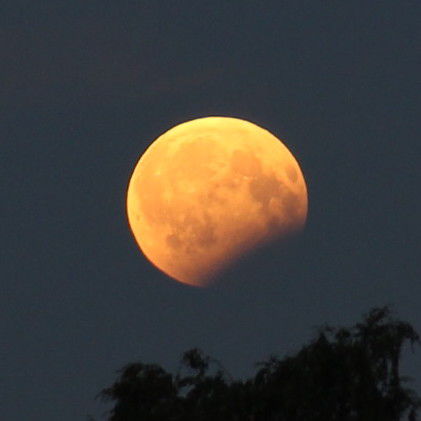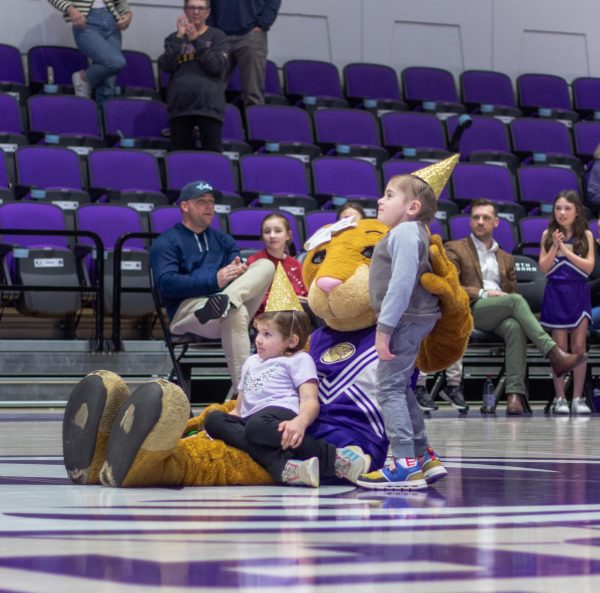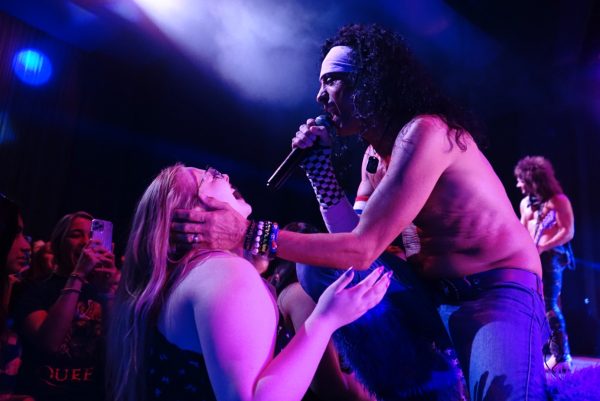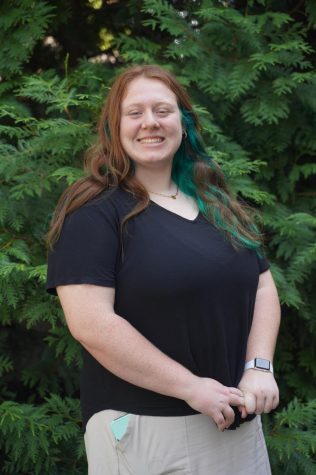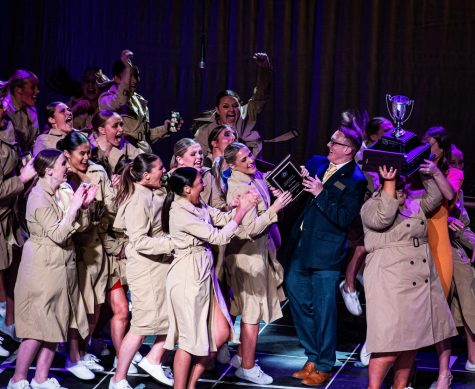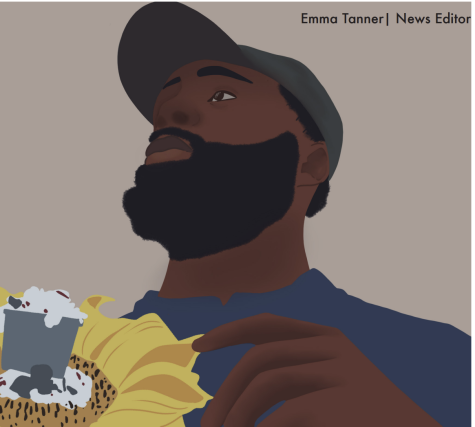UNA Planetarium offers students a closer look at Lunar Eclipse
January 19, 2019
The UNA Planetarium, located between Rivers Hall and the Student Recreation Center, will host a public observation of the total eclipse Jan. 20 at 8:30 p.m. Telescopes and binoculars are provided for students.
A total eclipse, also referred to as the “Blood Moon,” is the third stage of the lunar eclipse, where the Earth’s shadow covers the moon completely. The nickname came from the dark red color it takes on as sunlight passes through Earth’s surface, hitting the moon and reflecting back.
This weekend’s eclipse is said to last until the early morning of Jan. 21, according to a press release Associate Professor of Physics and Earth Science Mel Blake wrote.
“I think it is important to hold an event like this at UNA for three reasons,” Blake said. “First of all, many people do not know much about space and astronomy, and it puts them in contact with an astronomer who can respond to their questions and help them understand what is happening as the eclipse takes place.”
Blake said the second reason is that it is good for the university to be a resource for the community.
“UNA survives with the help of millions of dollars of government money, and we have an obligation not just our students, but to the public at large to provide educational opportunities and help them benefit from UNA being here,” Blake said. “People will be more willing to support UNA if they see it benefiting them. Finally, it gives a chance for people different backgrounds to come together and share an event that people all over the world are witnessing. We need more of that in society.”
He said students should come because they will be able to ask questions about space and astronomy and meet other people interested in the same things.
“The main mission of the planetarium is educating the students and the general public,” Blake said. “Most of our programs are aimed at that goal. We teach people about the constellations and what the different space missions are doing. So, hopefully people come away understanding things a little better after visiting.”
Blake said he wants students to keep in mind that they do not need any special equipment to view the eclipse.
“If people have friends and relatives that are not able to come to UNA to watch, they can watch from their backyard,” Blake said. “Telescopes help enhance the experience but are not required. I would also advise people to dress warm. It may be very cold during the eclipse, which lasts several hours. Bundle up.”


